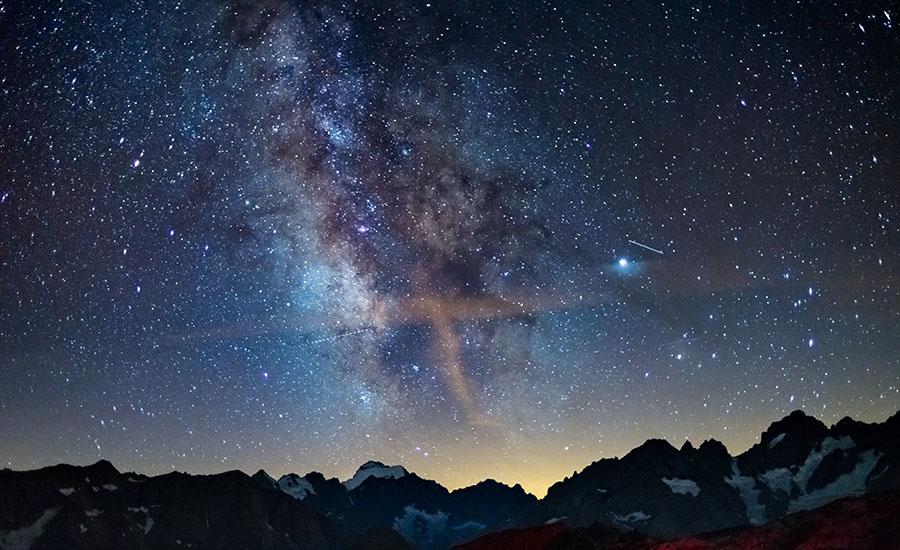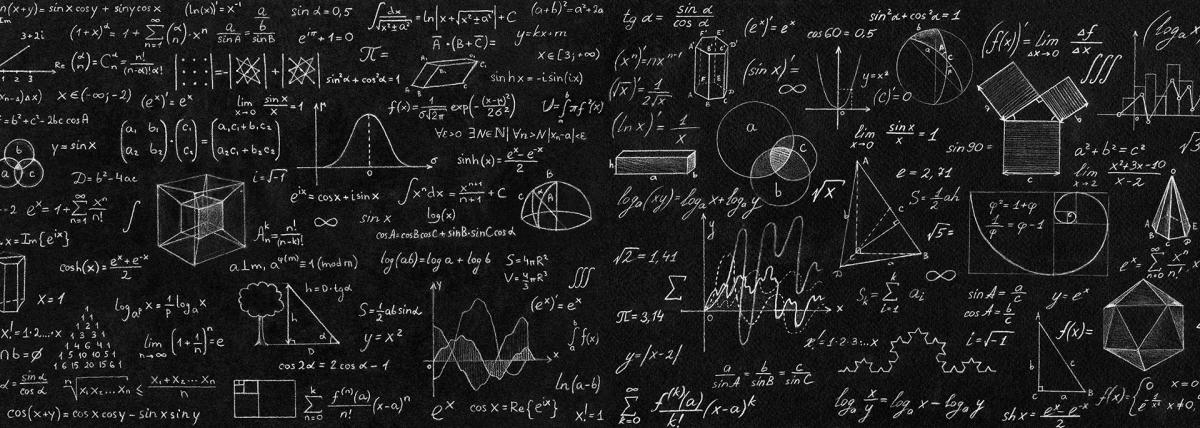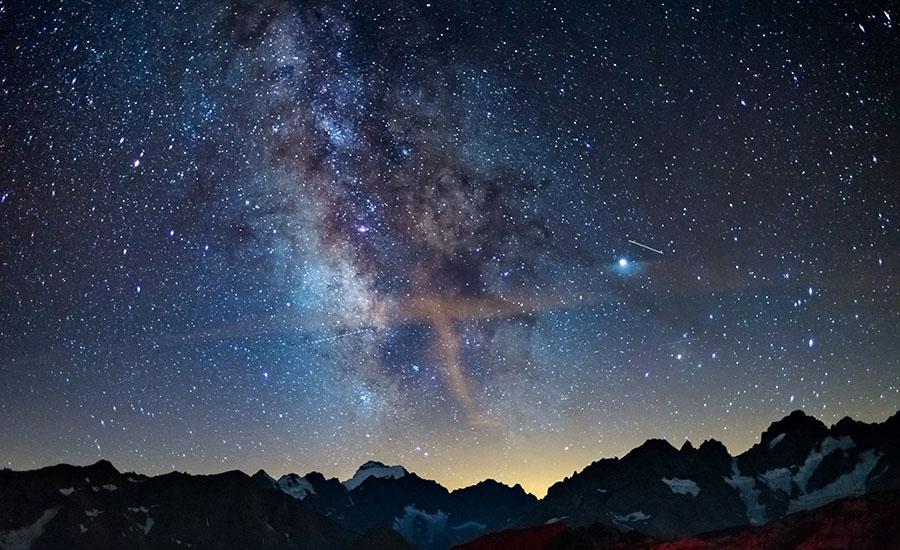
Space Farming
In this lesson, students will be learning about the challenges of farming in space for future settlements. Specifically they will focus on the difficulty of testing whether plants will grow in soil that doesn't exist on Earth.
They will participate in a design challenge where they design a seed starting tray with the smallest possible amount of soil (to mimic the real-life challenge of experimenting with growing plants in the extremely limited amount of lunar soil that was brought back from the Apollo missions).
The lesson lists a variety of suggested materials for the lesson. It is anticipated that the lesson and design challenge would take 2 days, plus about 10 days to record observations and results.
Lesson Grade Level
6th GradeLesson Plan Link/URL
https://docs.google.com/presentation/d/1EzNT1PpY4HJEjS1SG52eQbD6QHzdI06ZHtO7C-B…Subject Area
Science Earth and Space Science E2: Earth & the Universe Life Science L2: Organisms & Energy Technology 4. Innovative Designer Engineering S2: Apply the Engineering Design Process Mathematics Measurement and Data (MD) Ratio and Proportion (RP) Statistics and Probability (SP)Related Content

This is a lesson plan about creating a vermicomposting bin. This explains how vermicomposting helps in keeping the environment clean and also how it helps create rich soil which is important for

Phenomenal Forces and Motion is an amazing lesson which introduces students to the world of physics and Newton’s three laws of motion. Students will find out how some of the basic principles of

The "Virtual Reality (VR) Exploration: Building a 3D Solar System" lesson is an exciting and immersive STEM experience designed for 8th-grade students. In this lesson, students delve into the world of